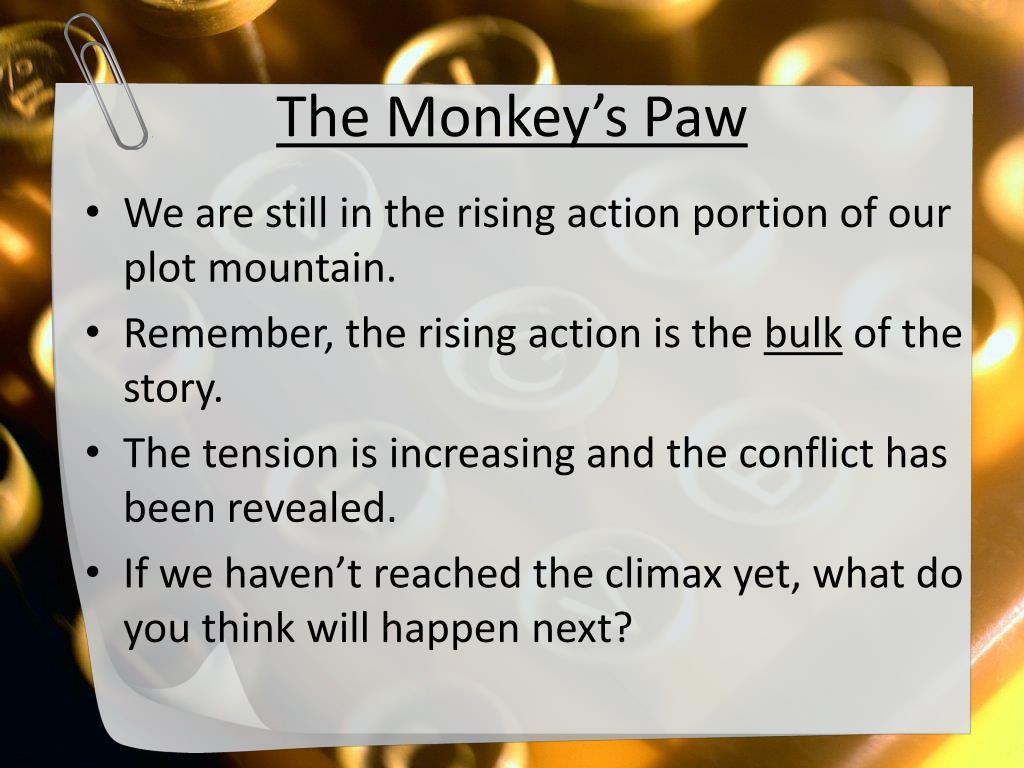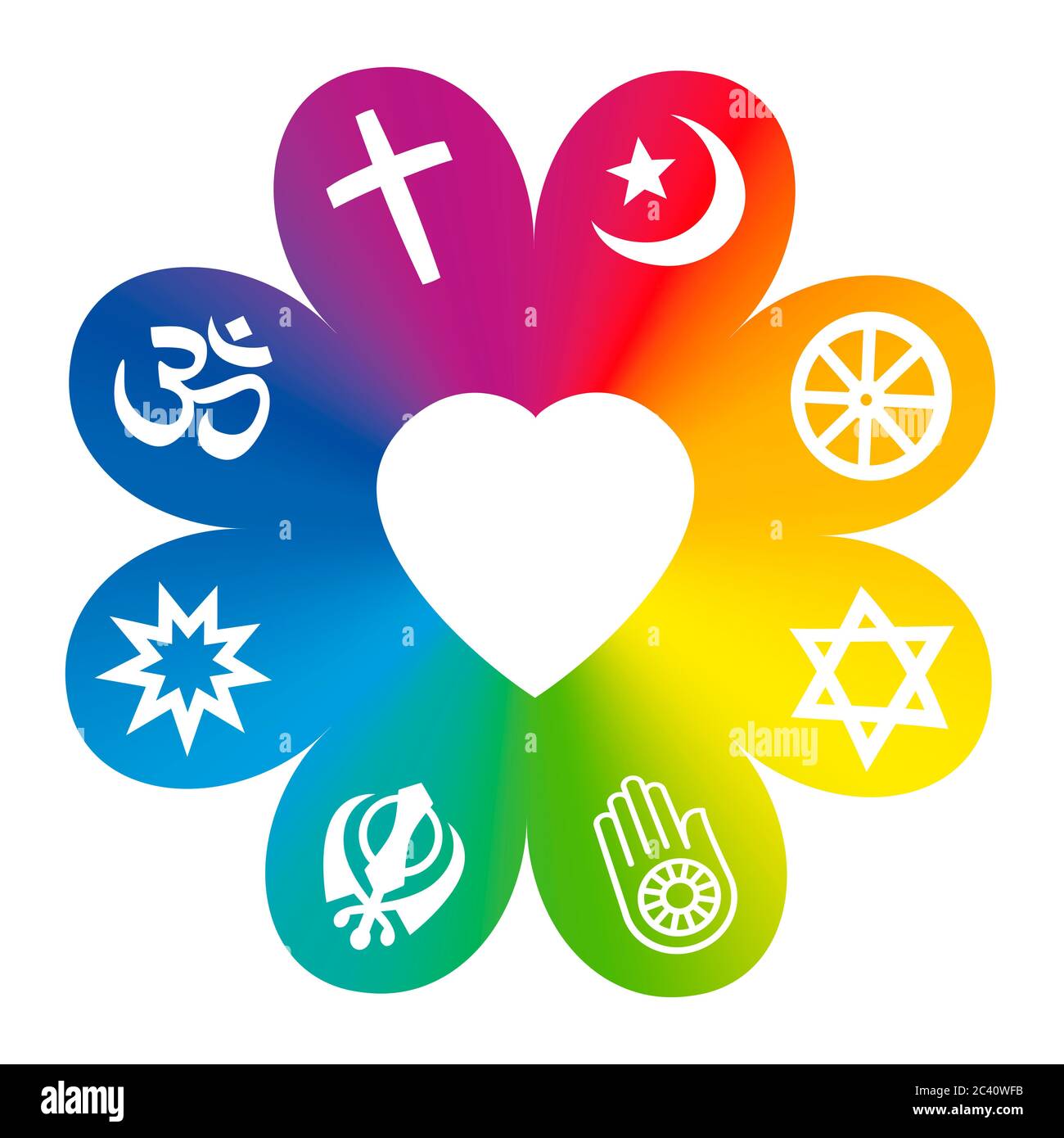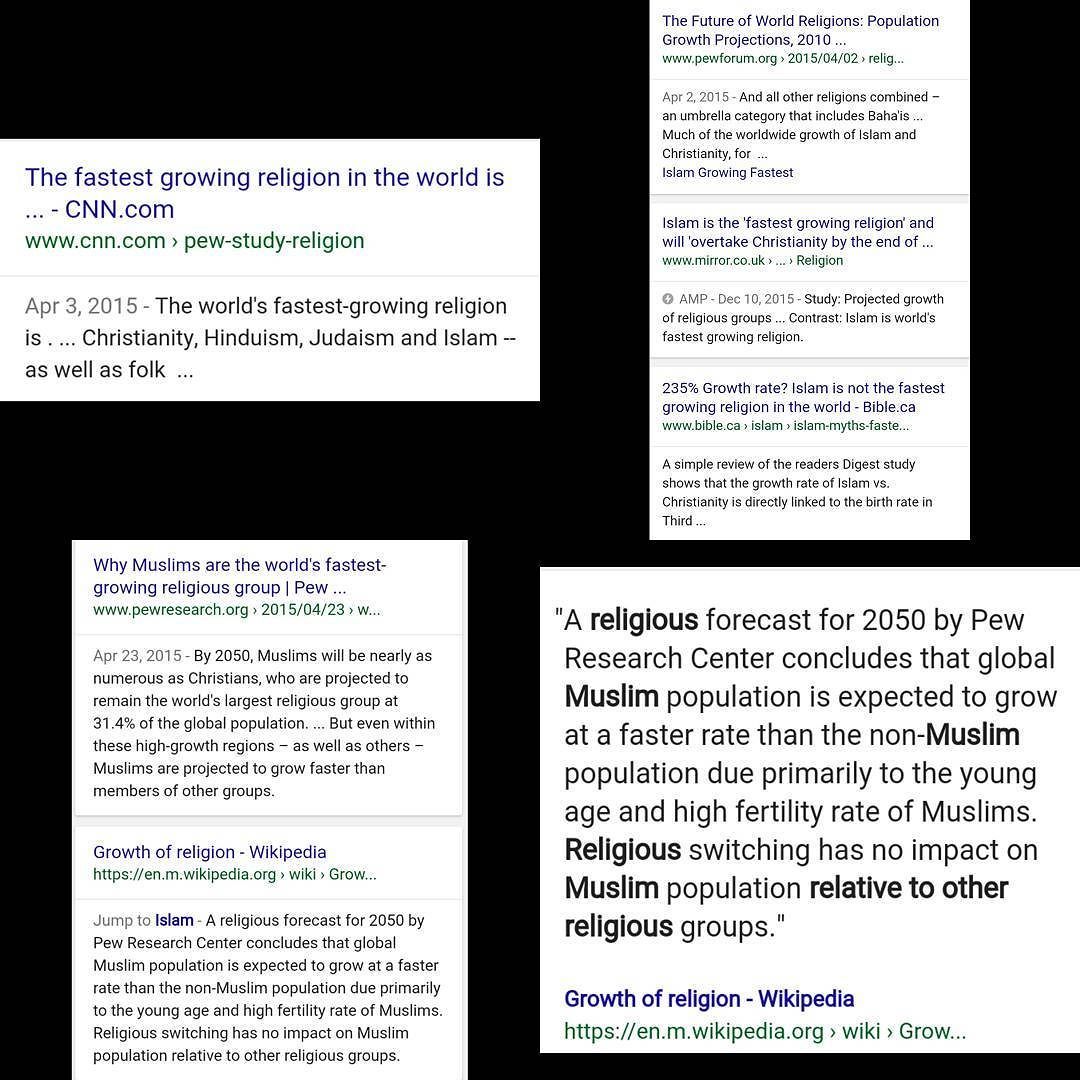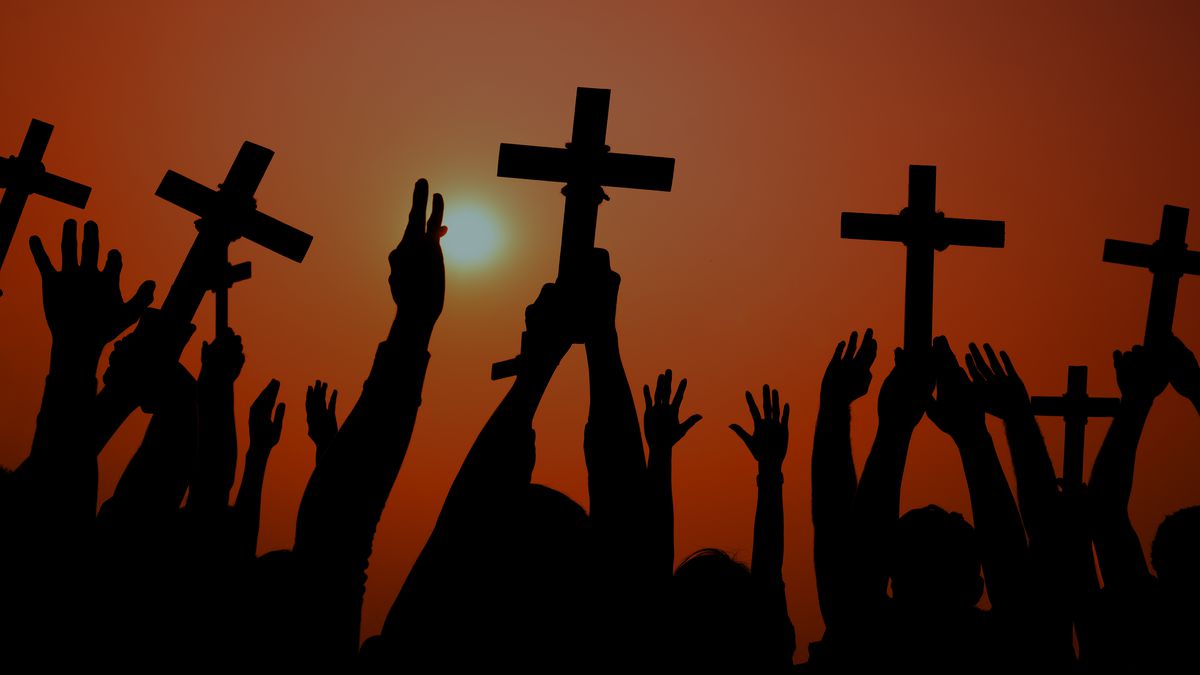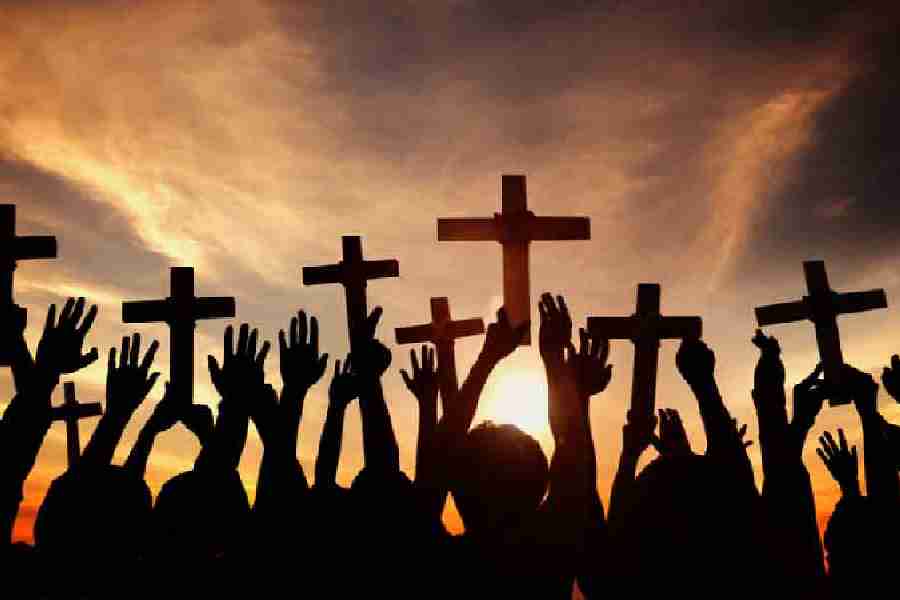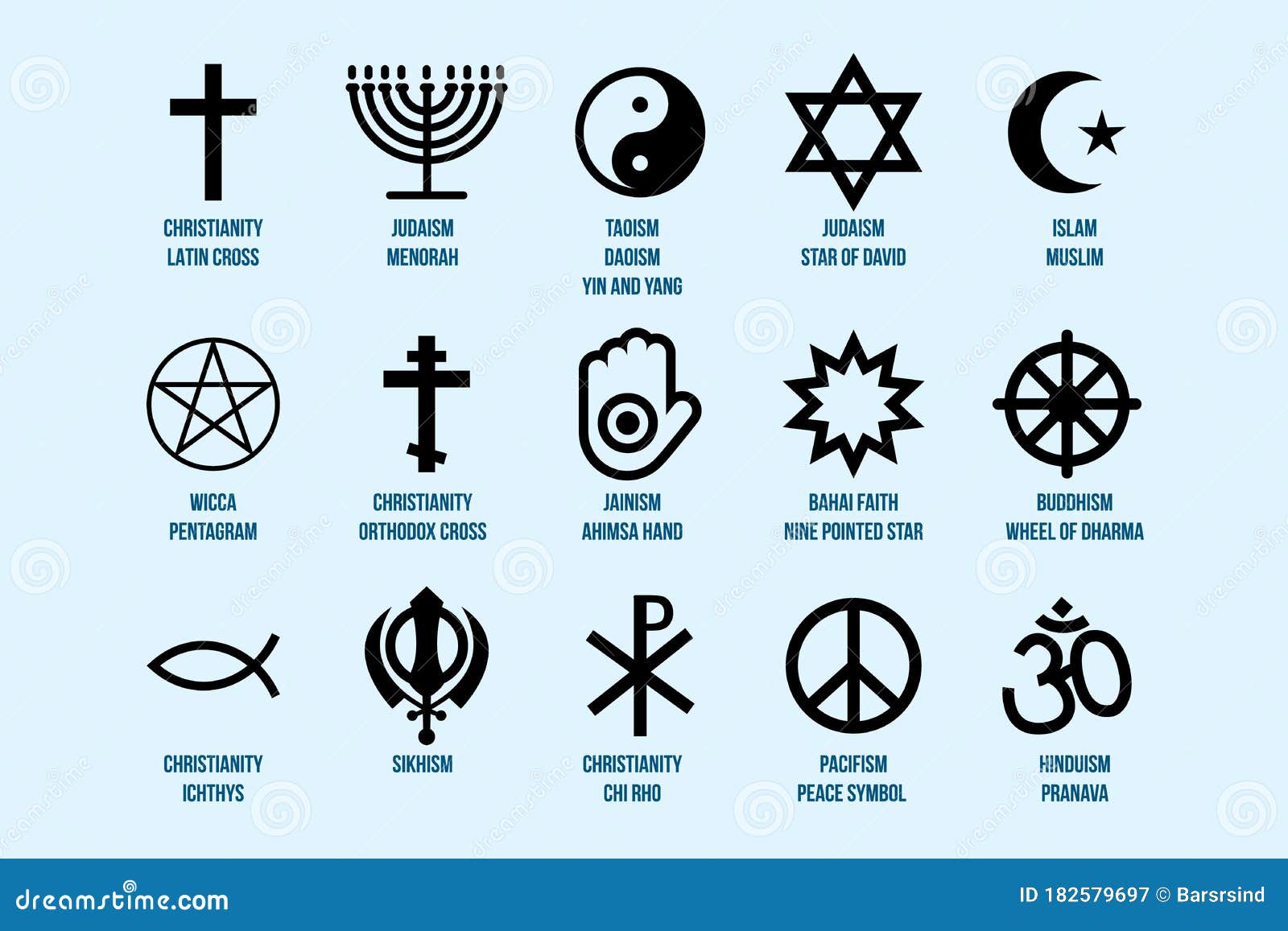Understanding the Most Powerful Gods Across World Religions: Beliefs, Interpretations, and Cultural Influence
Introduction: The Quest for the Most Powerful God
Across history, humanity has sought to understand the divine, with cultures and religions worldwide developing distinct beliefs about the nature, form, and power of gods. The question, ‘What religion is the most powerful god in all religion?’ is complex and multi-layered, as it assumes a universal hierarchy that does not exist in the same way across all faiths. This article will guide you through the major perspectives from the world’s largest religions, highlight their most revered deities, and offer actionable steps for those seeking deeper knowledge or personal experience of these spiritual figures.
Section 1: The Concept of Supreme Deity Across Religions
The idea of a ‘most powerful god’ depends heavily on religious context and interpretation. In some traditions, supreme deities embody ultimate creative, preservative, or destructive power, while in others, the divine may be more abstract or even absent.
For example, Hinduism features a complex pantheon but recognizes the Trimurti-Brahma (creator), Vishnu (preserver), and Shiva (destroyer)-as forms of the supreme cosmic force. Many Hindus worship Vishnu or Shiva as the ultimate deity, attributing to them universal power over creation, sustenance, and dissolution of the universe [1] . The goddess Kali is also revered for her immense transformative and protective power.
In contrast, Christianity, Judaism, and Islam are monotheistic, recognizing a single, all-powerful God who is the creator and sustainer of the universe. While their understandings of God’s nature diverge, adherents of these faiths view their God as omnipotent and the sole ultimate authority [3] . Christianity describes God through the Trinity-Father, Son (Jesus Christ), and Holy Spirit-each considered fully God.
Other religions, such as Buddhism , do not center on a creator god at all, instead focusing on the teachings and enlightenment of the Buddha [3] .
Section 2: Powerful Deities in World Mythology
Many mythologies and religious traditions have stories of gods wielding extraordinary power. In Hinduism, Vishnu is called ‘God of Gods,’ and is believed to maintain cosmic order and intervene in the world through his avatars, such as Krishna and Rama [1] . Shiva, the destroyer, is seen as the force behind both cosmic destruction and regeneration.

Source: psyog.in
In Greek mythology, Zeus is revered as king of the gods, wielding thunder and lightning. Norse mythology places Odin at the head of the Aesir, ruling over Asgard. Ancient Egyptian religion venerated Ra as the sun god, bringer of order and creation [2] . These deities are not directly worshipped today in the same way as in the past, but their stories still influence literature, art, and philosophy.
Section 3: Comparing Supreme Gods – Key Differences and Interpretations
While it is tempting to compare deities by their powers or influence, such comparisons are shaped by the beliefs and values of each tradition. For instance:
- Monotheistic religions (Christianity, Islam, Judaism) teach that there is only one true God, who is all-powerful and without equal [5] .
- Polytheistic religions (such as Hinduism) recognize many gods but often have a supreme deity or trinity that embodies ultimate power [1] .
- Non-theistic traditions (like Buddhism) may not focus on gods at all, centering instead on human potential and enlightenment.
Thus, the ‘most powerful god’ is a question best answered within each religion’s framework. For those seeking spiritual meaning, the ‘most powerful’ deity is often the one most central or transformative in their own faith journey.

Source: medium.com
Section 4: How to Explore the Supreme Deities of Major Religions
If you are interested in learning more or wish to connect with a particular tradition’s concept of the supreme god, consider the following steps:
- Identify the tradition or deity you wish to learn about. For example, if interested in the Trimurti, research Hindu scriptures such as the Bhagavad Gita or Puranas. For the Christian God, read the Bible and explore church teachings.
- Visit local places of worship or spiritual centers. Many temples, churches, mosques, and synagogues welcome visitors and offer introductory courses or guided tours. Search online for verified locations in your area, or look up official directories maintained by major religious organizations.
- Engage with knowledgeable practitioners. Attend public talks, participate in festivals, or join online discussion groups. Many faith communities offer Q&A sessions, introductory classes, or mentorship programs.
- Read authoritative texts and resources. Use established publishers and official religious bodies. For Christianity, consider visiting the Vatican’s official site or the Church of England. For Hinduism, explore resources from organizations like the Chinmaya Mission or International Society for Krishna Consciousness. If you cannot verify a website’s authenticity, seek out well-known academic publishers or public library collections.
- Reflect on your own beliefs and experiences. Many people find that personal meditation, prayer, or study leads to deeper understanding. Journaling your thoughts or discussing them with a trusted friend or mentor can help clarify your views.
Section 5: Challenges and Considerations in Comparing Deities
Comparing gods across religions can be challenging, as each tradition interprets power, divinity, and worship differently. What is considered supreme in one context may be seen as subordinate or symbolic in another. Additionally, language barriers, cultural perspectives, and historical developments influence the understanding of the divine.
If you encounter conflicting information about a particular god’s status or powers, consider the following approaches:
- Consult multiple, reputable sources, including academic studies and official religious literature.
- Recognize that myths and scriptures often contain symbolic language and allegory.
- Approach with respect for diversity; what is sacred or ultimate for one group may differ for another, and comparative rankings may not reflect actual religious practices or beliefs.
Section 6: Practical Application – Deepening Your Understanding
If your goal is to experience or connect with what a tradition considers the most powerful god, here are practical steps to guide your journey:
- Start with foundational texts. For Hinduism, the Bhagavad Gita and Upanishads offer insights into Vishnu and Shiva. For Christianity, the New Testament reveals the nature and teachings of God through Jesus Christ.
- Attend festivals or ceremonies. For example, Hindu festivals like Diwali or Maha Shivaratri celebrate deities and offer opportunities for learning and participation. Similarly, Christian holidays such as Easter or Christmas are deeply connected to beliefs about God’s power and love.
- Seek guidance from religious leaders. Priests, pastors, rabbis, imams, or monks can provide personalized advice, answer questions, and recommend reliable resources.
- Respect copyright and authenticity. When reading online, avoid unofficial blogs or unverified websites. For academic research, use university libraries or established encyclopedias like Britannica or the official Wikipedia to cross-check facts [4] .
- If you wish to join a community or participate in rituals, look for organizations with clear contact information and established reputations. If a website cannot be verified as real and accessible, it is best to contact the official body for that religion or search for local chapters via official channels.
Conclusion: Embracing Diversity in the Search for the Divine
There is no single, universally recognized ‘most powerful god’ across all world religions. Each tradition offers its own understanding of the divine, shaped by centuries of cultural, philosophical, and spiritual development. By approaching this question with curiosity, respect, and scholarly rigor, you can gain a richer appreciation for both the diversity and unity present in human spirituality.
References
- [1] TheTopTens (2025). Top 10 Greatest Gods – Community rankings and explanations of powerful deities in world religions.
- [2] YouTube (2024). Which Mythology Has the Most Powerful Gods – Comparative video analysis of supreme deities in major mythologies.
- [3] Christianity.org.uk (n.d.). Are all religions worshipping the same God? – Comparative essay on Abrahamic faiths and their concepts of God.
- [4] Wikipedia (2023). Major religious groups – Overview of world religions, their beliefs, and demographics.
- [5] EveryStudent.com (2019). 5 Major Religions of the World – Explanations of major religions and their understanding of God.
MORE FROM cheerdeal.com
